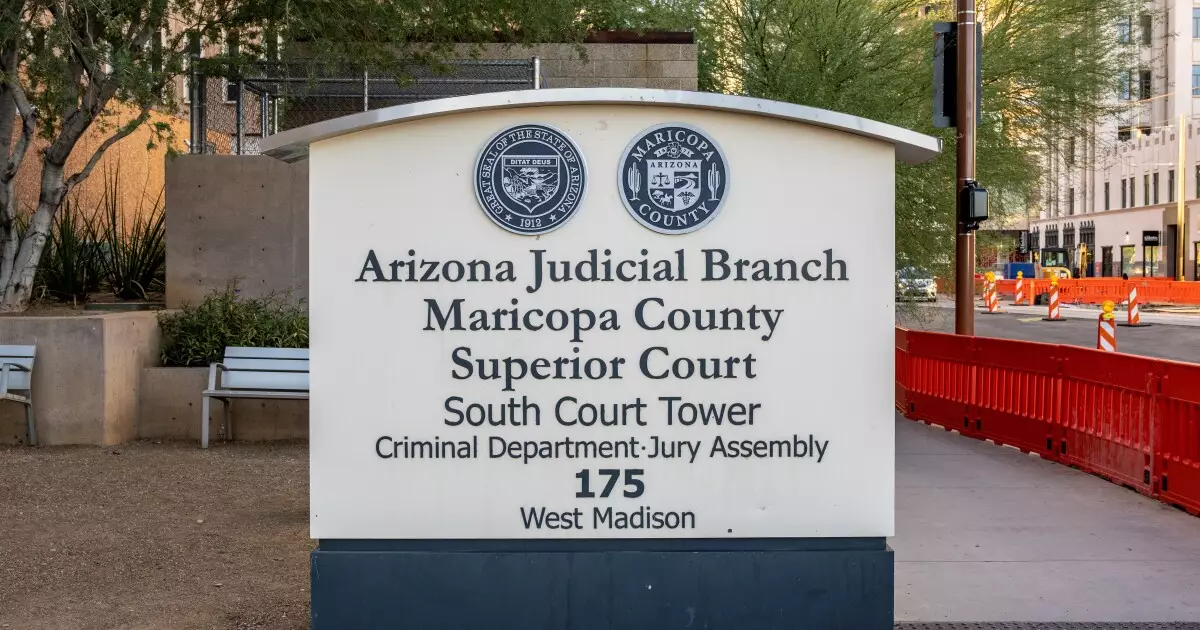In a significant development for the residents of Gilbert, Arizona, a lawsuit has surfaced, questioning the legality of recent tax increases by the town council aimed at funding essential infrastructure. Filed by the Goldwater Institute, the case has brought to light the complexities surrounding municipal taxing powers and the implications for taxpayers in a growing community of over 280,000 residents. This legal action follows similar contentious efforts in nearby Payson, highlighting a situation that poses legal, financial, and political challenges.
The Goldwater Institute argues that the Gilbert town council’s approval of increased sales, use, and lodging tax rates contravenes the Arizona Constitution. The specific provision cited prevents municipalities from imposing or raising transaction-based taxes related to services provided within the state. The council’s decision, made on October 22, is presented as necessary for funding various infrastructure projects, estimated to cost over $700 million. However, the lawsuit claims that such actions directly violate constitutional restrictions, raising questions about the balance of power between local government authority and state laws.
The fiscal situation in Gilbert reveals a town navigating significant infrastructure challenges. With nearly $280 million in general obligation bonds incurred by the end of fiscal 2023, local officials have pointed to urgent needs in areas such as parks, recreation, and public safety. The town expressed intentions to self-fund infrastructure improvements as much as possible, aiming to mitigate financial burdens on taxpayers. Yet, the lawsuit counters this narrative, suggesting that the town council’s methods may not be in compliance with established legal frameworks, potentially complicating the viability of the proposed projects.
The legal challenge against Gilbert is not an isolated incident. Earlier litigation involving the Goldwater Institute targeted the town of Payson, which sought to issue $70 million in bonds. The subsequent judicial rulings and cancellations of bond sales illustrate the ongoing friction between local governance and constitutional law. Although the Payson case was declared moot, it set a precedent that may influence Gilbert’s situation, strengthening the conservative organization’s resolve to contest local government actions perceived as overreach.
As this situation unfolds, the community in Gilbert is faced with uncertainty about how these legal proceedings will affect local governance and infrastructure projects. Residents, represented by the Home Builders Association of Central Arizona, have joined the lawsuit, indicating a collective concern regarding fiscal responsibility and transparency in tax increases. The stakes are high, not only for current residents but also for future developments in this rapidly growing town.
The lawsuit against Gilbert’s tax increases signifies a critical moment in Arizona’s municipal governance landscape. As the Goldwater Institute navigates this legal challenge, it raises fundamental questions about taxation, constitutional rights, and the responsibilities of elected officials. With a complex interplay between demand for public services and legal restrictions on revenue generation, Gilbert’s case could serve as a touchstone for similar challenges across the state, illustrating the tightrope local governments walk in managing growth while adhering to legal mandates.

